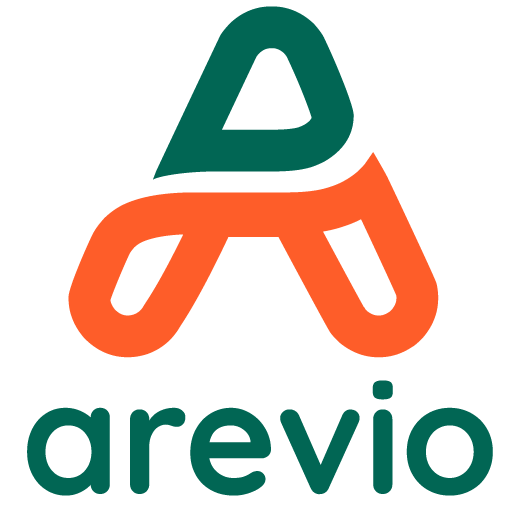XBRL-CSV: how to simplify Financial Reporting and Data Analysis with Arevio?
XBRL-CSV: Revolutionising Data Reporting
In the rapidly evolving landscape of financial reporting and data management, the introduction of XBRL-CSV format marks a significant milestone. This new format promises to enhance the efficiency, accessibility, and utility of financial data, providing a robust alternative to traditional reporting methods;
Why OIM and XBRL-CSV?
The XBRL-CSV format combines the strengths of XBRL with the simplicity and familiarity of CSV (Comma-Separated Values).
XBRL-CSV is based on the Open Information Model (OIM), a framework designed to improve the interchangeability of financial data by supporting multiple formats. OIM provides a more streamlined way to handle financial reports, ensuring compatibility with a wide range of platforms and software tools. By doing so, it offers a streamlined approach to managing large datasets and complex financial information. XBRL-CSV allows for the straightforward manipulation of data within commonly used spreadsheet applications, such as Microsoft Excel. This makes it far more accessible for users who might not have specialised tools for handling XBRL data, reducing barriers to adoption.
By doing so, it offers a streamlined approach to managing large datasets and complex financial information. XBRL-CSV allows for the straightforward manipulation of data within commonly used spreadsheet applications.
DORA, First Business Case
A compelling example of XBRL-CSV in action is the Register of Information on ICT third-party providers under the Digital Operational Resilience Act (DORA). This initiative aims to create a centralised repository for third-party ICT service providers to ensure the operational resilience of financial institutions. The adoption of XBRL-CSV allows for the efficient collection, management, and analysis of data, simplifying the submission process for service providers while giving regulators the ability to conduct comprehensive reviews.
The use of XBRL-CSV in this case demonstrates its potential for regulatory compliance, providing both flexibility and power in handling intricate and large datasets. With XBRL-CSV, entities submitting data under DORA can do so with greater ease, and regulators are empowered to process and analyse this data much more efficiently.
Use Cases of XBRL-CSV
- Regulatory Reporting: Regulators can leverage XBRL-CSV to receive and analyse data from companies more efficiently, ensuring timely compliance and better oversight. Filers benefit from simplified reporting processes as XBRL-CSV files are lighter and easier to manage, particularly for entities handling large volumes of financial data. Software integrators can build automated systems to streamline this reporting, making it easier for organisations to remain compliant with evolving regulations.
- Financial Analysis: Analysts and investors can use XBRL-CSV to access and interpret financial data more easily, enhancing their decision-making processes.
- Internal Reporting: Companies can adopt XBRL-CSV for internal financial reporting, improving data consistency and reducing errors.
Why Arevio?
Arevio, our cutting-edge XBRL-CSV solution, is designed to take full advantage of the format’s benefits. Whether you’re handling regulatory submissions, internal reporting, or financial analysis, Arevio simplifies the process by offering intuitive interfaces and seamless integration with your existing tools. Our platform supports automated report generation, validation, and real-time data analysis, ensuring that your financial reporting is both accurate and efficient.
In addition to XBRL-CSV, Arevio also offers multi-format support, meaning that your organisation can work with other reporting standards as needed. The goal is to provide a flexible, powerful solution that grows with your organisation’s needs, while ensuring that you are always compliant with the latest reporting standards.
Conclusion
The XBRL-CSV format is poised to revolutionise the way financial data is reported and analysed. By combining the strengths of XBRL with the simplicity of CSV, it offers a powerful tool for organisations looking to improve their financial reporting processes.
At Acsone, our solutions are fully able to support XBRL-CSV format, ensuring the implementation of very intuitive and simple technologies.
Stay tuned to our news section for more updates and insights into the latest advancements in financial reporting and data management.
We can definitely help you out!
Let’s connect, we’ve got a lot to learn from each other.
Let’s explore how we can collaborate. Book your personalized demo now.
